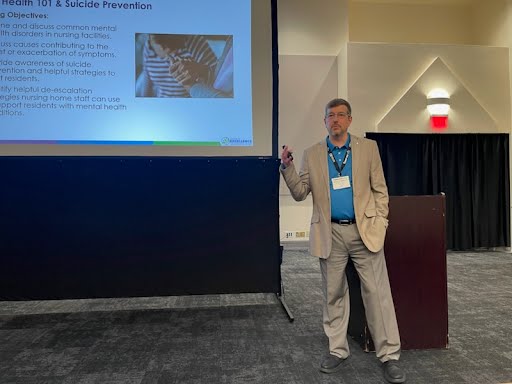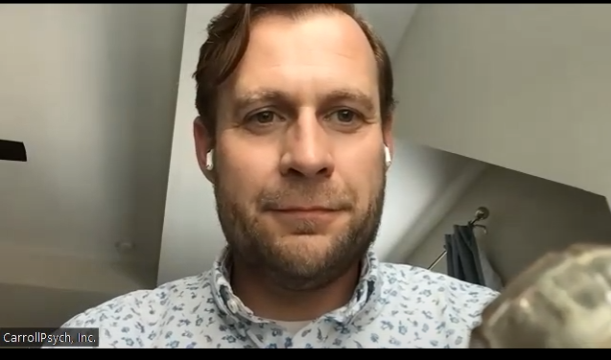January 28, 2014 was Atlanta’s “snowpocalypse,” a day when snow and ice accumulated faster and worse than predicted. The entire metro area ground to a halt with cars abandoned on the freeway. It looked like a movie about the end of the world.
It took my wife an hour to drive the kids home from school two miles away. I was fortunate. I was at a meeting close to home. After it was canceled it “only” took 45 minutes to travel a mile. Many people never made it home, sleeping with friends, or worse, stuck in cars. It was a day that burned itself into the memory of the citizens of Atlanta.
By the next day, government leaders were being blamed for not shutting things down sooner. Schools were blamed for not closing school that morning. Across the nation, Atlanta was the source of many jokes about how two inches of snow caused such turmoil.
The general consensus was clear: Our leaders did not act with enough caution.
The next winter, with the threat of heavy weather, no one was taking any chances this time. Schools were closed. Government offices shut down. The metro area was ready for the next great coming of snow and ice.
It rained all day.
Immediately, there was criticism of the schools and government for overreacting. All that productivity was needlessly lost. Again, Atlanta was subject to ridicule for not being able to manage the weather. The general consensus was clear: Our government leaders overreacted.
I was part of a decision making team in 2014 and 2015 at the Cobb and Douglas Community Service Board. In 2014 I hesitated to recommend closing, and because of that, some of my own staff did not make it home on the night of the 28th. In 2015, I strongly advised we close our doors. As a result, we lost money and clients were delayed in getting their medications.
The problem with leadership in crisis is that the leaders never have enough information to make the best decisions possible. The facts are limited. None of us can predict the future, yet we rely on leaders to make choices that will change the future.
After the fact it may by easy to see what the best course of action would have been. Even then, people may still second-guess a decision. Y2K was a real issue with computers. There were thousands of hours and millions of dollars spent to correct it. As a result, Y2K had a minimal effect when the year 2000 arrived. This led people to look back and wonder what the fuss was about, but without it, there would have been serious problems.
Right now, the world is going through a crisis. Some say this is a real pandemic posing a real threat, others say it is all panic and overblown. I have no idea where the actual truth is. What I do know is that leaders are faced with tremendous pressure to make decisions that will change the future.
If they had clear choices, which were all good with no negative side effects, they would take them. That is not what is before us. What is before us, as is usually the case, are all paths come with pain. Which pain do we choose: 20 million jobs in jeopardy or a million dead from a novel virus, is the sort of weight on the shoulders of our leaders right now. All the facts on this virus are not known and cannot be known until it has run its course.
Leaders have to act, based on what is known now, and make their best guess.
Some will be condemned for guessing wrong. Others may well be praised for guessing right. There will be partisan influences on how we all choose to view it.
What I hope is that we look back with grace and not with smug wisdom.
With talking about what is facing our leaders, next time we will look at what to do as a leader in these sorts of situations.
Bryan G. Stephens is a former executive on a mission to transform the workplace. He is the founder and CEO of TalkForward, a consulting and training company, utilizing Bryan’s clinical and management expertise to develop managers and teams in a corporate environment. As a licensed therapist with strong understanding of developing human potential, he is dedicated to the development of Human Capital to meet the needs of leaders, managers, and employees in the 21st Century workplace.
Bryan has an Executive MBA from Kennesaw State University, Coles School of Business, and both a Master’s and Bachelor’s degree in Psychology.






